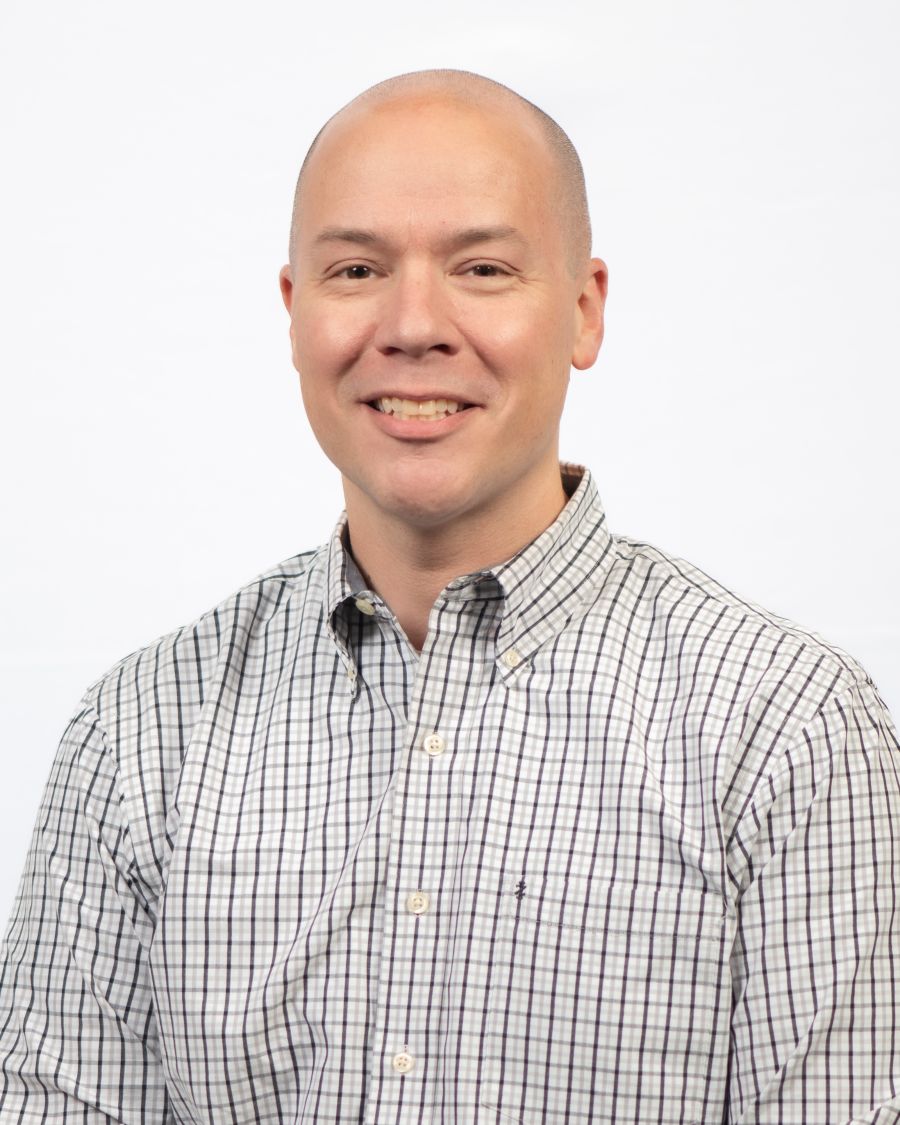


Can you recall the last task you procrastinated on? What was the outcome? Chances are, you might not have fully comprehended the benefits of completing it or visualized the progress it could lead to, which made it difficult to understand the necessary steps or believe that it was achievable.
When the mind does not identify these critical components, it wants to stay in the same place until it does. The easiest example is: think about the last time you looked at your smartphone when aspects about your task at hand were unclear. The mind “falls back” to something familiar or that you like doing, labeling that as “safe” and “less unclear.” This is how barriers to learning and personal growth form.
Learning is associated with growth and gaining knowledge. What our mind goes through to learn is heavily influenced by what we are feeling about the process.
Whenever I help someone learn, the first exercise is to identify what the potential is for this knowledge and how it can help them grow. We look over the pathway of what we are going to learn, imagine the pathway, identify resources, and most importantly, imagine the reward of the feeling of completion.
When we do not answer these questions, the result can cause someone to feel unmotivated or resistant. When our mind is not clear on what is happening next or does not fully understand the path, resources are unidentified, and an intention is not set -- we enter resistance mode.
We effortlessly “do” what our mind sees as: something that has value, a pathway defined, resources that are identified, something achievable, a clear picture of completion and the reward identified. When we follow the steps, resistance fades and success happens easily and naturally. We enjoy learning and growing in that state.
The key for this growth and learning is awareness or asking yourself, “What do I need to learn?” Imagine 12 years from now — this knowledge/skill with you, helping you. Imagine this knowledge/skill helping you to succeed. What is that like? Who would you be? How would you feel? What are the resources for the journey? Notice how achievable this is? What does it look like completed? These are the important questions.
When I teach a new skill, we evaluate both at the beginning and end. We ask these important questions and when the process is followed, learning becomes easier and success skyrockets.
At the end of the process, a majority report their habits change and grow, which are necessary for success in their career and relationships for the rest of their lives. Attitudes about learning improved, commitment to their work increased, procrastination decreased, time management skills improved, organizational skills increased, and the barriers to asking for help were reduced or eliminated.
When we teach this process, we teach a reusable technique that can be applied to any kind of learning. Learning information in a course becomes a vehicle that teaches this important life skill.
I invite you to experience this process as you learn personally and academically. Be aware of what the mind needs to learn before you learn. Then, be aware of what happens next.

